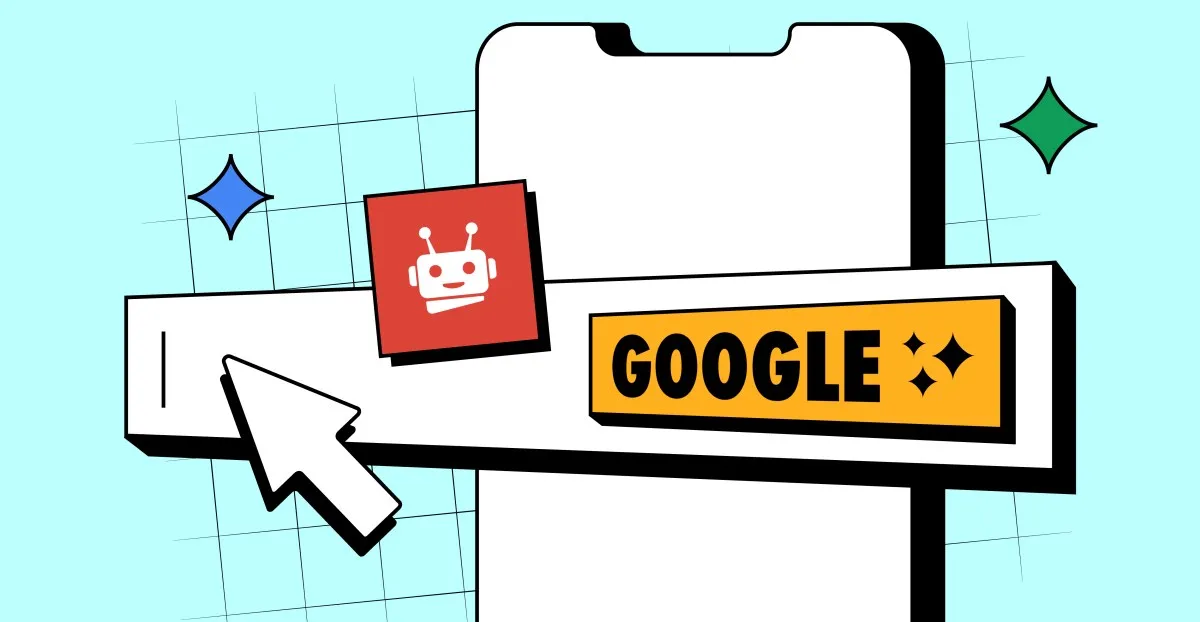
In the midst of exploring Google’s cutting-edge AI tools—from requesting intricate instructions on how to become an expert birdwatcher in my neighborhood to utilizing its AI moviemaking feature to create cartoons featuring my crime-fighting Chihuahua—I found myself pondering a peculiar notion. Is Google experiencing a midlife crisis, or am I? Perhaps it’s a blend of both. Since the unveiling of ChatGPT in late 2022, Google has been on high alert, particularly after OpenAI launched ChatGPT Search, a direct competitor to Google Search. Recently, Google made headlines by announcing 100 new capabilities at its I/O developer conference, signaling a full-scale commitment to AI technology.
Industry experts are suggesting that Google is indeed navigating a midlife crisis, and some even claim, “it’s glorious.” I spent a week experimenting with Google’s new AI tools, and my conclusion is that the tech giant is teetering between crisis and glory. The outcome of this transformation may not be clear for years to come. For over 15 years, Google has been a dominant force in how we utilize the web, largely through its search engine and advertising platforms. However, as AI continues to infiltrate various aspects of our digital lives, it remains uncertain which company will emerge as the leader in this new era.
Traditionally, finding information online involves typing keywords into Google, selecting a blue link that seems promising, and clicking through to gather the desired information. This process has fueled Google’s multibillion-dollar advertising business, as companies compete for visibility on the search engine results page. However, recent developments indicate a shift: two federal judges have ruled that Google is operating as an illegal monopoly. Now, the company waits to see if it will face a breakup due to these legal challenges.
Interestingly, the biggest threat to Google’s dominance may not stem from government regulations but rather from the rise of AI chatbots. In recent years, tools like ChatGPT and Perplexity have gained traction, providing users with succinct summaries of information pulled from various websites. This shift has begun to impact Google’s search volume; in April, the number of searches conducted via Safari fell for the first time in history, while Google’s share of the search market dipped below 90%—the lowest in a decade. Additionally, platforms like TikTok are contributing to this disruption.
Recognizing the inevitability of change, Google has been innovating its services. A couple of years ago, the company introduced AI Overviews, which summarize search results using its large language model, Gemini. This year, Google took things further with the launch of AI Mode, a chatbot-based search experience that resembles ChatGPT and Perplexity. Excitingly, Google announced that AI Mode will be available to all users in the United States soon. Users can look for a sparkly button labeled “AI Mode” on the right side of the search field to access this feature.
In my quest to learn about birdwatching, I utilized Google’s AI Mode instead of entering standard search queries into the traditional search box. I found that entering complex questions yielded detailed responses—one prompt generated nearly 600 words with only nine source links, none of which I needed to click. The AI had effectively summarized the information I was seeking. One of the main sources for this summary was a beginner’s guide to birdwatching, authored by my colleague Allie Volpe at Vox. While this new search experience is not without its challenges—AI models can sometimes produce inaccurate information—the convenience is hard to ignore. After all, not every blue link leads to completely accurate information either.
This evolving search experience may very well represent the future of how we access information online. Admittedly, I find myself appreciating the innovations coming from Google. As part of its AI initiative, Google also integrated Gemini into Chrome, allowing the AI assistant to interact with content on the page in real-time. Currently available for subscribers of Google AI Plus or AI Ultra plans, this feature can answer questions about webpage content or summarize articles. It can even analyze YouTube videos as you watch them, offering a more focused experience similar to what AI Mode provides.
While the traditional search experience will likely remain available for some time, Google’s recent announcements indicate a definitive shift towards an AI-centric future. Headlines around these developments highlight the gravity of this transition. Tech analyst Ben Thompson even proclaimed the potential “death of the ad-supported web.” Meanwhile, New York magazine’s John Herrman bluntly stated, “Google is burying the web alive.” In its early days, Google gained popularity by simplifying the daunting task of finding information online. However, its supremacy in this emerging AI-driven landscape is far less certain.
As we look ahead, it’s possible that another innovative startup may emerge to create a user-friendly bot that can explain, book travel, and even produce entertaining content for us. Until then, I will continue fine-tuning my AI-generated crime-fighting Chihuahua cartoon, all while contemplating when this technological evolution will start to feel truly glorious.
A version of this article also appeared in the User Friendly newsletter. Sign up today to ensure you don’t miss the next update!